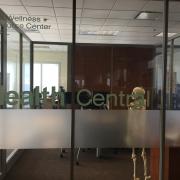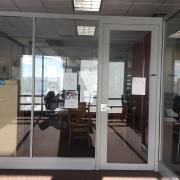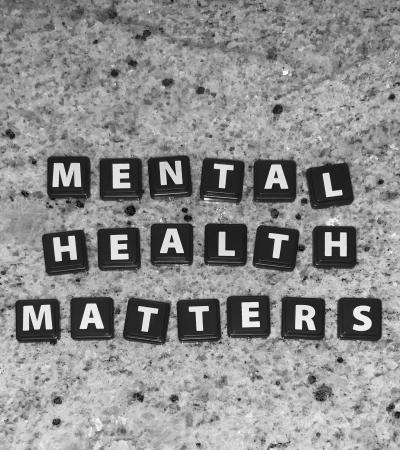According to the Centers for Disease Control and Prevention, homelessness is a public health issue. Central Library, like many public libraries, serves as a daytime shelter for Rochester’s homeless population.
In response, Central created the Library Resource Outreach Center (LROC) and Health Central (HC). The program has no eligibility standards, and no appointments are necessary for users to receive services.
LROC is a collaboration between the library and local human service agencies to assist the homeless, those in danger of becoming homeless, and those in need of human service resources, including housing, food, clothing, shelter, income, case management, legal assistance and/or employment.
HC provides screenings, referrals to clinics, vaccines and dental care.
Both strive to eliminate or lessen barriers to these services for our community’s most vulnerable populations.
Advanced Planning
The goals of LROC/HC are to meet people where they are and build relationships through immediate or expedited access to services. It took six months of planning to determine which local agencies to partner with, how the partnerships would work, and when the center would be staffed.
LROC/HC is staffed by employees of local organizations Person Centered Housing Options, MC Collaborative (an agency that provides case management), the Volunteer Legal Services Project of Monroe County, Rochester Regional Health, the University of Rochester School of Medicine, as well as interns and volunteers.
We pre-determined what types of health screenings HC would include, deciding on blood pressure, glucose, vision and BMI screenings. We also created a flow chart of where to refer patients who are at risk for diseases or conditions. If the patron has a primary care physician (PCP), they are encouraged to contact that doctor to follow up. If they do not have a PCP, they are referred to free or low-cost clinics, some of which are in walking distance. It was important to pre-identify any requirements these clinics may have, and what health concerns they will address. On rare occasions, in which something life threatening may be imminent, patrons are sent to the ER.
It took two months to be added to the mobile dental unit’s schedule.
Marketing
The best marketing tool has been word of mouth; people communicate that they got the help they needed and that they trust the people they worked with.
Brochures indicate the days/times services are available. These are also listed on the library’s events calendar. (View brochure under Attachments at right).
After some local press, we saw an increase in the number of visitors.
Budgeting
HC start-up costs included the purchase of a glucose monitor, eye chart, blood pressure cuff, stethoscope, scale and thermometer. Ongoing costs include lancets, test strips and alcohol prep pads for glucose testing.
- Glucose monitor, lancets, and test strips: $70
- Eye chart: $15
- Blood pressure cuff and stethoscope: $50
- Scale: $20
If you need to cut costs, calculating the BMI is not imperative, so a scale would not be necessary. For lancets and test strips, see if a local pharmacy will donate some.
Flu vaccines were donated by the Monroe County Department of Public Health.
Day-of-event Activity
LROC/HC are permanent offices in the library located in the Science Division.
Social workers staff LROC Monday through Thursday, two hours per day, and attorneys staff it for three hours on Fridays.
Depending on the month, HC is staffed by a registered nurse four hours per day, twice a week, or by a University of Rochester fourth-year medical student for four hours a day, three times per week.
A mobile dental unit is onsite every other Wednesday for three hours. This requires that a large section of the street be coned off early in the morning so cars can’t park there. A staff member is required to direct the mobile unit into the space and remove the cones when it arrives.
Program Execution
Combined, LROC/HC serve approximately 100 people per month. We have received very positive feedback from other nonprofit agencies, our mayor and patrons.
There is no formal evaluation process, but as a result of these projects numerous patrons obtained permanent housing; patrons received dentures made for free after years of not being able to chew food; and life-threatening events such strokes were prevented by blood pressure screenings.
Two of our patrons provided specific feedback on the LROC services they received in a local newspaper.
Also, more agencies have reached out to Central offering to staff LROC, so we will be able to expand hours and help more patrons.
Advice
Know what is and isn't feasible for your library when it comes to providing these services.
Don’t reinvent the wheel. Seek out community partners who already serve the population you want to work with, and collaborate with them.
Supporting Materials
- Feedback (Coming Soon!)
- Programming Librarian Facebook Group






